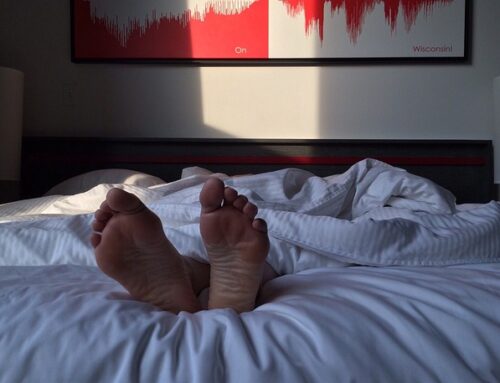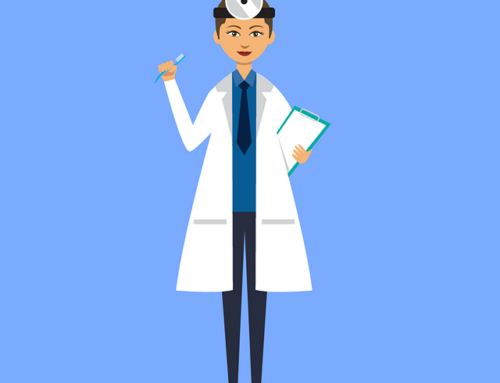As a dentist have you ever thought about treating sleep apnea in your dental office? While it may seem like a long shot, dental sleep medicine continues to grow in importance each year because of a dentist’s unique ability to notice oral symptoms. Many patients who do not respond to traditional treatment will often benefit from oral appliances that are provided by dentists.
The Expertise
It is estimated that more than 18 million Americans suffer from sleep apnea. This happens when a person’s airway gets blocked while they are sleeping. Often, this will happen because a person is overweight and additional tissue thickens the wall of the windpipe, making it more difficult to keep open. And, sometimes it is because the throat muscles relax more than normal. A long, bony neck can also make for a narrower airway, which leads to sleep apnea as well.
The most common treatment option is the use of a CPAP machine. However, many patients are non-compliant to this form of treatment and do not want to undergo surgery. When this occurs, their best option may be oral appliance therapy, which is provided by a dentist. By wearing an oral appliance, it opens the airway by pushing the lower jaw forward and is more comfortable than a CPAP machine.
The Opportunity to Complete Continuing Education
As a dentist you can easily learn more about treating sleep apnea through advanced education courses and lectures. For instance, as a dental sleep medicine expert, Dr. Mayoor Patel participates in numerous lectures a year to further improve dental practices and their treatment options.
While many dentists can treat sleep apnea, it is important to receive the best education and experience in order to properly treat your patients. Dentists see their patients twice a year and are given the unique opportunity to properly screen patients and recommend treatment long before they may ever visit their regular physician.
With the unique opportunity to diagnose and treat sleep apnea, as a dentist you should consider continuing your learning and expanding your practice. To read more about this “unique opportunity,” you can read an article by Dr. Patel on Sleep Review.
Contact Dr. Mayoor Patel for more information about continuing your education in Dental Sleep Medicine and understanding how you, a dentist, should look into treating sleep apnea in your dental practice.




